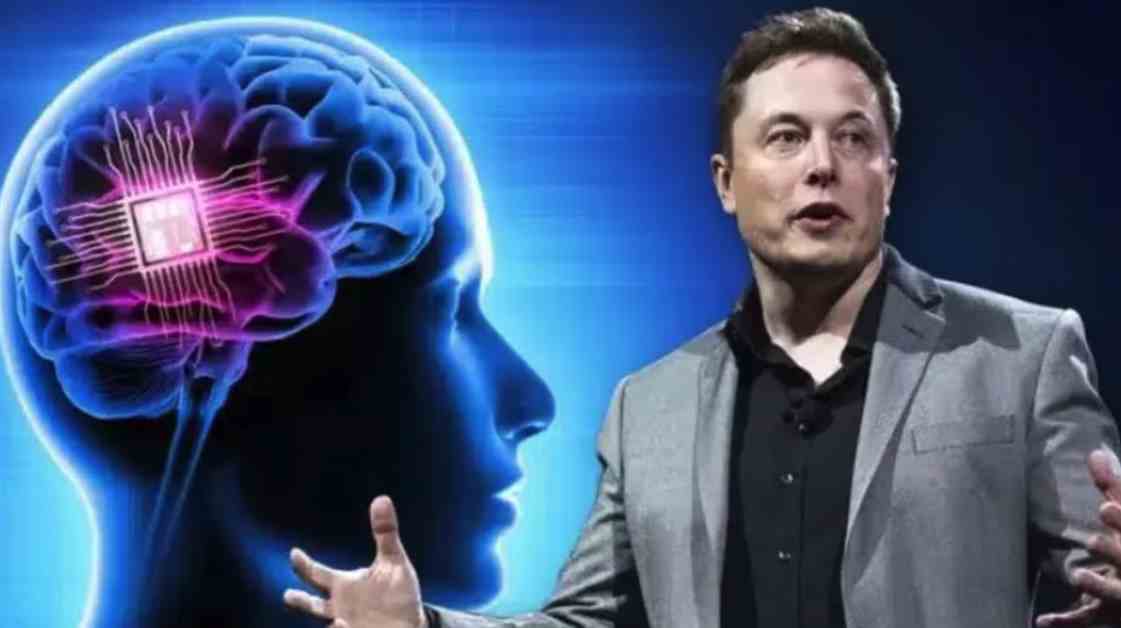Revolutionary Brain Chip: Uncovering the Hidden Risks
Noland Arbaugh made history by being the first patient to receive a Neuralink chip that allows him to control devices with his mind. While this technological feat is exciting, the risks of such an operation should not be overlooked, especially for those who do not have a vital need for it.
Neuralink: A Hope for Paralyzed Individuals
Neuralink, a company founded by Elon Musk, successfully implanted a brain-machine interface in Noland Arbaugh, who has been paralyzed from the neck down since a diving accident in 2016. With this revolutionary chip, he can once again interact with electronic devices using only his thoughts.
This breakthrough opens up new possibilities for people with severe motor disabilities. However, rushing to receive a Neuralink implant without a medical necessity would be a serious mistake.
A High-Risk Operation, Even for the Best Surgeons
Implanting the Neuralink chip is not a simple procedure. It involves opening the patient’s skull to place electrodes directly in contact with the brain, the most delicate organ in the human body. Even when performed by experienced neurosurgeons, this operation carries inherent risks:
– Irreversible brain damage due to improper handling
– Postoperative complications such as infections or bleeding
– Malfunctions of the implant that could injure brain tissue
For Noland Arbaugh, the benefits of the Neuralink chip far outweigh these risks. But what about able-bodied individuals, enticed by the prospect of “boosting” their brains?
Neuralink: A Superfluous High-Tech Gadget for the Healthy?
Sara Lumbreras, co-director of the Chair of Science, Technology, and Religion at the Pontifical University of Comillas, warns against the allure of the Neuralink chip for those who do not truly need it:
It is understandable that people with disabilities are willing to take risks to improve their daily lives. But for someone in full possession of their faculties, the risk-benefit equation of a brain implant is completely different.
Before volunteering to receive a Neuralink chip, ask yourself the right questions:
– Do I have a medical condition that justifies such an intervention?
– Am I willing to undergo brain surgery and its potential consequences?
– Are the benefits of a brain implant really worth these risks?
If you can already control your environment without assistance, the answer is probably no. It is better to prioritize patients who, like Noland Arbaugh, have everything to gain from a neural interface.
Brain implants could revolutionize the lives of paralyzed individuals. But for the average person, the game is not yet worth the candle. Before being seduced by the siren song of transhumanism, remember that your brain is your most precious asset. Choose carefully who you entrust it to!

